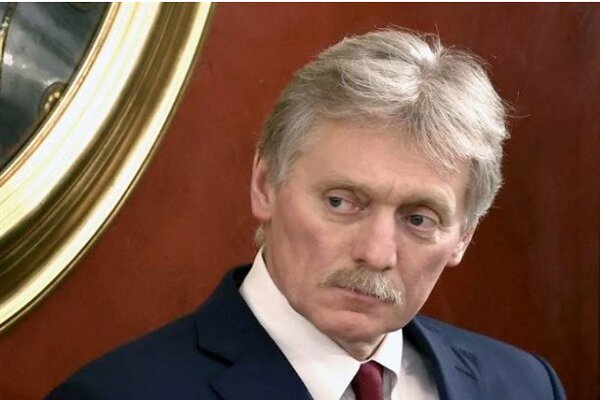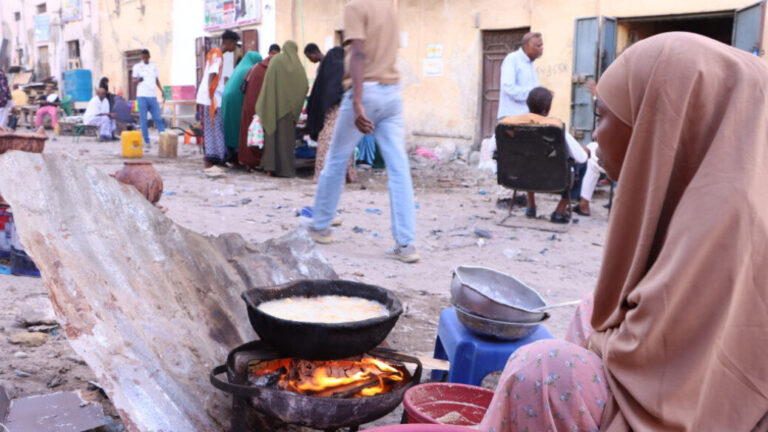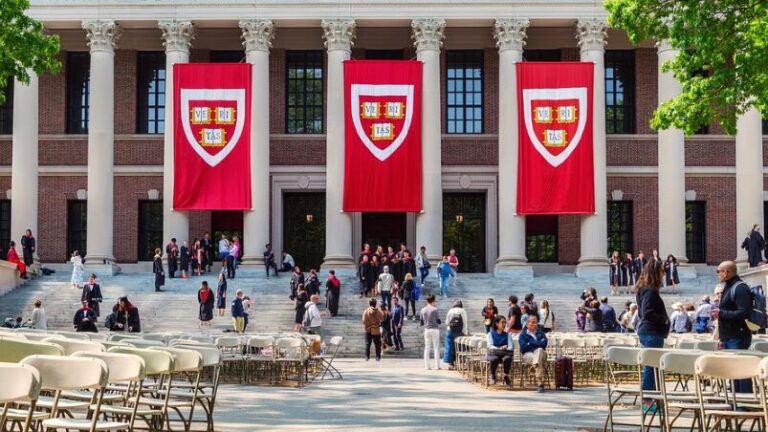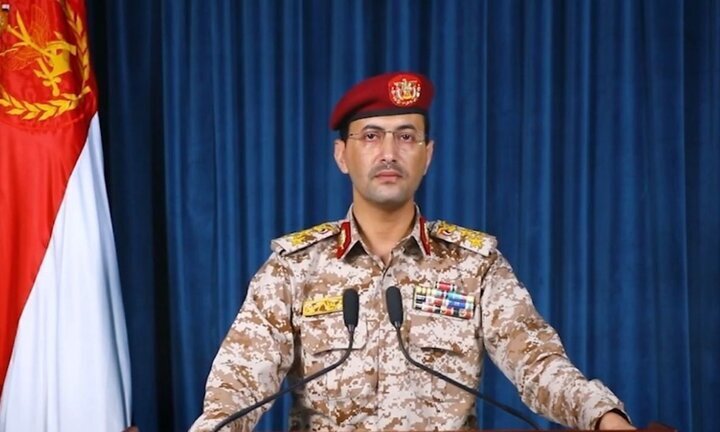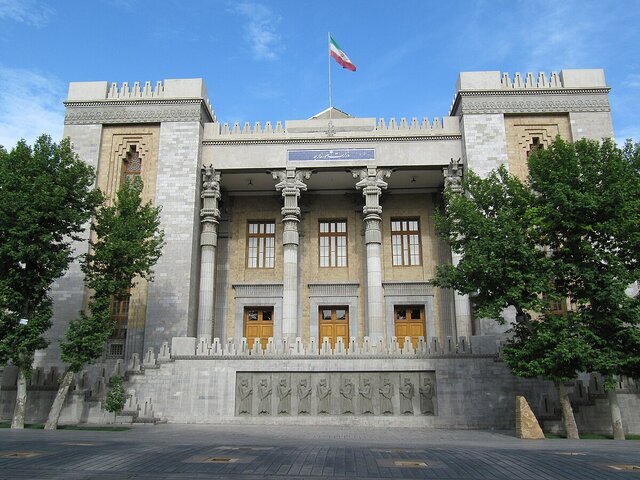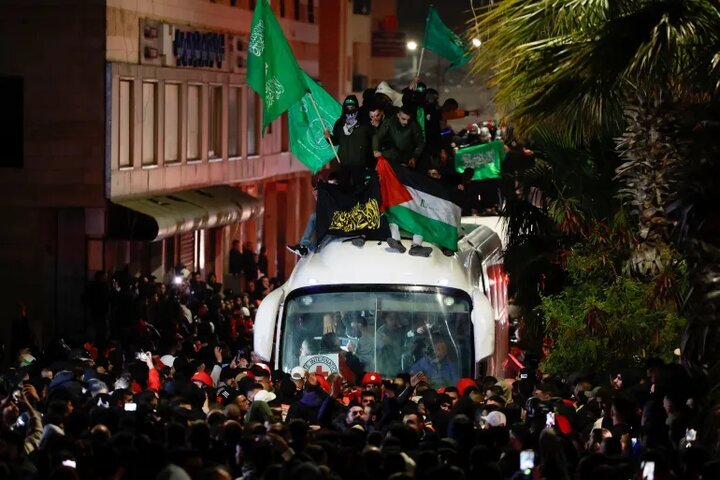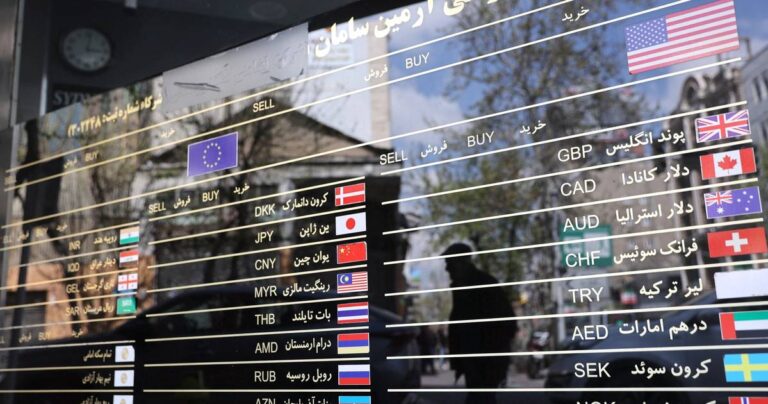Ukraine Peacekeeper Deployment: No Serious Talks Yet on International Forces
In recent discussions surrounding the deployment of peacekeeping troops in Ukraine, various European nations, including the French and British, have been vocal about their intentions. However, the Kremlin has raised concerns over the feasibility and implications of such deployments, particularly from NATO member states.
The Kremlin spokesperson, Dmitry Peskov, addressed the situation, stating, “The Europeans are currently speaking a lot about peacekeeping troops – the French, the British, and others. This is true. But we all understand the procedures for deploying peacekeepers. As of now, no substantial discussions have taken place on this issue,” as reported by TASS.
Regarding the potential involvement of British or German forces in Ukraine, Peskov emphasized the complexities involved. He stated, “It’s challenging to discuss this.” This sentiment reflects the intricate geopolitical dynamics at play.
Moreover, Peskov pointed out, “These are NATO member states, so if their troops were deployed in Ukraine, it would present significant complications.” This highlights the potential for escalation and the challenges of integrating NATO forces into the ongoing conflict.
Earlier, British Prime Minister Keir Starmer expressed a willingness to support Ukraine in his article for The Daily Telegraph. He stated that the United Kingdom was prepared to send troops to Ukraine, aiming to provide security guarantees for the Ukrainian authorities in their efforts to resolve the ongoing conflict.
- Geopolitical Concerns: The deployment of peacekeeping forces involves complex political considerations, especially when NATO countries are involved.
- Current Status: As of now, there have been no significant discussions regarding the deployment of peacekeeping troops in Ukraine.
- Statements from Leaders: Leaders like British Prime Minister Keir Starmer are advocating for military support to ensure Ukraine’s security.
The situation remains fluid, with various nations weighing their options and the implications of their decisions. The Kremlin’s cautious stance reflects a broader concern over the potential escalation of military presence in Ukraine, particularly from NATO countries.
As discussions continue, the international community is closely monitoring the developments. The impact of any potential deployment of peacekeeping forces could significantly affect the current state of affairs in Ukraine and the broader geopolitical landscape.
In conclusion, while European nations are eager to engage in peacekeeping efforts, the challenges posed by NATO involvement cannot be overlooked. The Kremlin’s comments underscore the complexities of deploying foreign troops in a conflict zone, especially one as contentious as Ukraine.
As the conflict unfolds, the focus will remain on diplomatic solutions and the potential role that international peacekeeping forces could play in stabilizing the region. The situation calls for careful consideration of all factors involved to ensure that any actions taken do not exacerbate the ongoing conflict.
In light of this ongoing situation, it becomes increasingly important for nations involved to communicate effectively and work towards a resolution that prioritizes peace and stability. The dialogue surrounding peacekeeping troops serves as a reminder of the intricate balance required in international relations, particularly in conflict zones.
For now, the world watches closely as discussions evolve and the situation in Ukraine continues to develop. The commitment to peacekeeping is commendable, but the path forward must be navigated with caution and thorough understanding of the regional and global implications.
